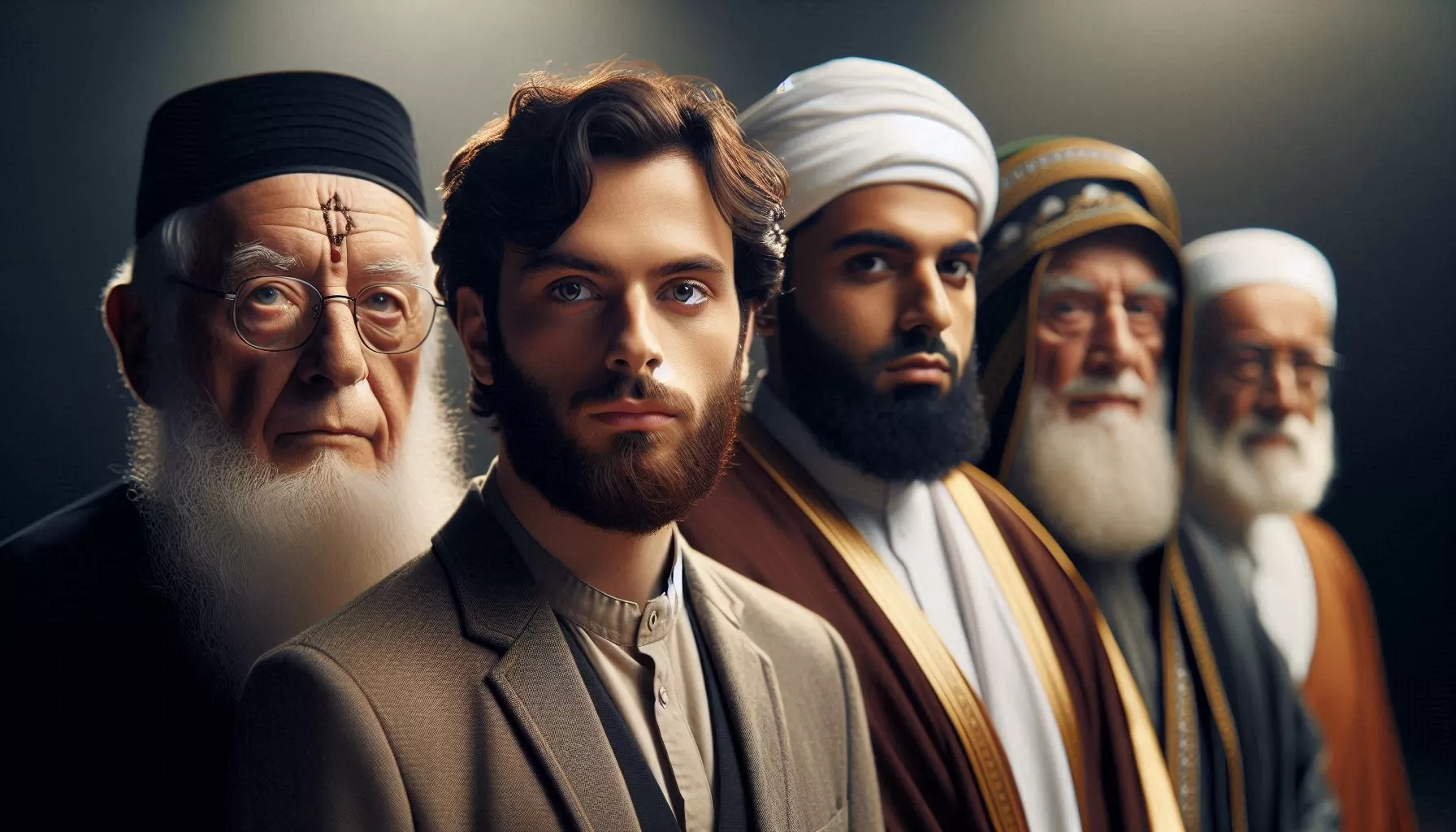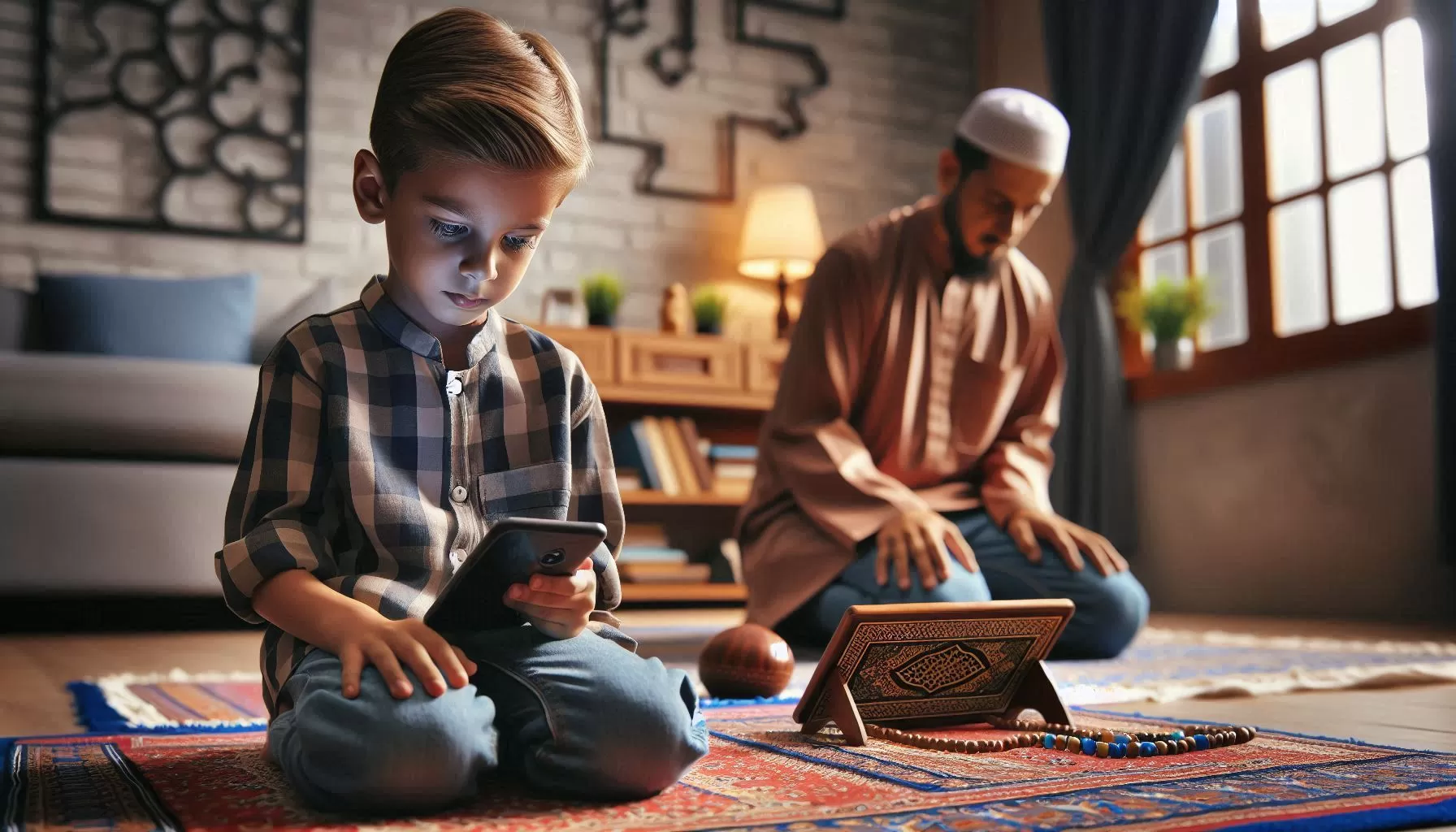How Science and Islam PROVE Human Equality and Social Justice Against Racism

In the year 632 CE, during his Farewell Pilgrimage, Prophet Muhammad (ﷺ) delivered his last sermon at Mount Arafat. This powerful speech was not just a farewell message—it was a guideline for humanity, focusing on equality, justice, and universal brotherhood.
One of the most important lessons from this sermon is the rejection of racism and superiority based on race, ethnicity, or social status. The Prophet (ﷺ) reminded us that all humans are equal before Allah, and no one is better than another except through piety and good deeds.
This article will explore how Islamic teachings, science, and human values align to support equality, social justice, and unity, proving that all people are one human family.
1. Science Confirms Human Equality
Modern science confirms what Islam taught 1,400 years ago—that all humans are fundamentally the same.
Scientific Facts:
✔ 99.9% of human DNA is identical across all races.
✔ Skin color differences are caused by small genetic variations and environmental factors.
✔ No race is biologically or intellectually superior to another.
What Experts Say:
Geneticist Dr. Craig Venter states: "There is no scientific basis for race. The idea of racial superiority has no genetic foundation."
Conclusion:
Science completely rejects racism. All humans belong to the same species and share the same potential. This aligns with Islam’s core message of equality.
2. Islam’s Stand Against Racism and Discrimination
Islam actively fought against racism long before modern human rights movements. The Prophet Muhammad (ﷺ) did not just preach equality—he lived by it.
Examples from Islamic History:
The Story of Bilal Ibn Rabah (RA)
Bilal (RA), a black man from Africa, was one of the earliest converts to Islam. Even though he was once a slave, the Prophet (ﷺ) elevated him to a position of great honor as the first person to call the Adhan (Islamic call to prayer).
The Prophet (ﷺ) told Bilal:
"Bilal, I heard your footsteps in Paradise before me!" (Bukhari)
✔ Lesson: Islam does not judge by race, but by faith and character.
Islam Encourages Diverse Leadership
Many companions of the Prophet (ﷺ) came from different races and backgrounds, yet they were treated with equal respect and given leadership positions.
The Prophet (ﷺ) said:
"Listen and obey, even if your leader is an Abyssinian (Ethiopian) slave." (Bukhari)
✔ Lesson: Leadership in Islam is based on merit, not race or social status.
3. What Did Prophet Muhammad (ﷺ) Say About Equality?
During his last sermon, the Prophet (ﷺ) clearly stated:
"All mankind is from Adam and Eve. An Arab has no superiority over a non-Arab, nor does a non-Arab have any superiority over an Arab. A white person has no superiority over a black person, nor does a black person have any superiority over a white person—except by piety and good actions." (Musnad Ahmad)
This statement is one of the strongest messages against racism ever spoken. It teaches us that:
✔ Race does not define superiority—all people are equal.
✔ True honor comes from character and righteousness, not skin color or nationality.
✔ Islam promotes universal brotherhood—all humans are part of one family.
4. The Quran’s Message on Equality and Justice
The Quran repeatedly reminds us that all humans are equal and that the only thing that makes someone better in Allah’s eyes is their faith and good deeds.
“O mankind, We have created you from a male and a female and made you into nations and tribes so that you may know one another. Verily, the most honored of you in the sight of Allah is the most righteous among you.” (Surah Al-Hujurat: 13)
Key Lessons from this Verse:
✔ Diversity is a blessing—Allah created different nations and tribes so that we can learn from each other.
✔ There is no superiority based on nationality or ethnicity.
✔ Piety and righteousness are the only measures of honor in Islam.
5. How Can We Apply These Teachings Today?
Prophet Muhammad’s (ﷺ) message of equality and justice is more relevant than ever. Today, racism, discrimination, and injustice still exist in many parts of the world. As Muslims, we have a responsibility to uphold these values.
Practical Steps for Muslim Youth:
✔ Respect all people—treat everyone with kindness, no matter their race or background.
✔ Speak against racism—challenge discrimination when you see it.
✔ Build diverse friendships—learn from people of different cultures.
✔ Teach your family about equality—educate younger generations about Islamic values.
✔ Follow the Prophet’s example—judge people by their actions, not their race.
The Prophet’s (ﷺ) Final Advice to Humanity:
"Remember, one day you will meet Allah, and He will ask you about your actions. So do not do injustice to others."
This reminder shows that every person is accountable for their treatment of others. Justice and fairness are not just social values—they are an essential part of our faith.
Conclusion: A Universal Message for All
Prophet Muhammad’s last sermon was not just for Muslims—it was a universal message for all of humanity. It teaches that:
✔ All humans are equal—there is no superiority based on race, nationality, or wealth.
✔ Piety and good character are the real measures of honor.
✔ Islam promotes justice and social harmony—every person deserves respect.
✔ Science confirms that racial differences are only skin deep—we are all part of the same human family.
The teachings of the Prophet (ﷺ) continue to inspire and guide us today. If we follow his message, we can build a world where justice, kindness, and unity prevail.
HashTags: #GeneticUnity, #CombatingRacism, #Equality, #ScienceForHumanity, #EducationMatters, #EndRacism, #HumanUnity, #SharedHumanity, #SocialProgress, #ForMankind




